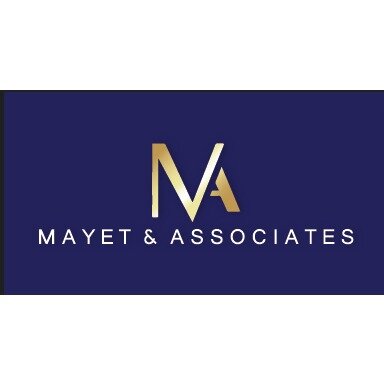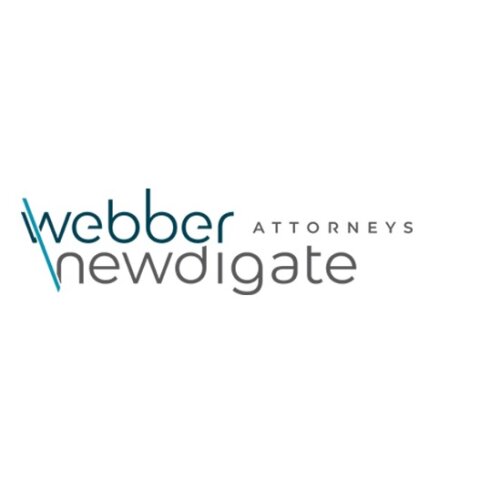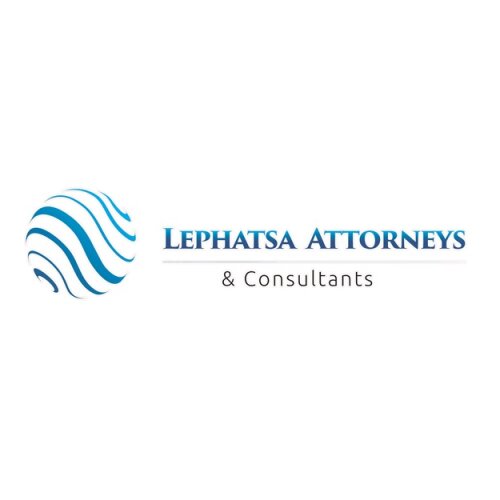Best Conveyancing Lawyers in Lesotho
Share your needs with us, get contacted by law firms.
Free. Takes 2 min.
Free Guide to Hiring a Real Estate Lawyer
Or refine your search by selecting a city:
List of the best lawyers in Lesotho
About Conveyancing Law in Lesotho
Conveyancing in Lesotho refers to the legal process of transferring ownership of immovable property, such as land or buildings, from one person or legal entity to another. The process is governed by a combination of statutes and customary law, making it essential for individuals and businesses to understand the procedures involved. In Lesotho, conveyancing not only involves preparing and registering relevant documentation but also includes due diligence on property rights and compliance with local land tenure systems. Property transactions, inheritance, leasing, and mortgaging are all aspects where conveyancing law is critically important.
Why You May Need a Lawyer
There are several common scenarios where seeking legal advice on conveyancing becomes necessary:
- Buying or selling property: Ensuring the transaction is legal, secure, and properly documented.
- Transferring property due to inheritance: Assisting with transfers after a death in the family.
- Leasing or renting property: Preparing binding lease agreements and clarifying rights and responsibilities.
- Mortgaging land: Conducting due diligence and registering mortgage agreements correctly.
- Resolving boundary or title disputes: Addressing disagreements over property lines or ownership.
- Formalizing property rights: Assisting with regularizing traditionally held land under statutory law.
A qualified lawyer helps you navigate legal complexities, prevent costly mistakes, and ensures compliance with all required regulations.
Local Laws Overview
Conveyancing in Lesotho is governed primarily by the Land Act of 2010 and its amendments, as well as the Deeds Registry Act. These pieces of legislation outline how property can be acquired, registered, transferred, and mortgaged. Some key aspects include:
- Land in Lesotho is predominantly owned by the state and held under leasehold tenure, particularly in urban areas.
- Transfers must be registered at the Deeds Registry to be legally recognized.
- Customary land rights can affect rural property, where community consent and chiefs’ involvement may be required.
- Foreigners generally need special approval to acquire land rights in Lesotho.
- Stamp duty and transfer fees are applicable, and failure to comply with procedural requirements can invalidate a transaction.
- Mortgages and other encumbrances must also be registered to be enforceable.
Understanding these and other legal requirements ensures property transactions are secure and enforceable.
Frequently Asked Questions
What is conveyancing?
Conveyancing is the legal process of transferring title or rights in property from one party to another.
Who is responsible for registering property transfers in Lesotho?
Registration is handled by the Deeds Registry Office, but a conveyancer or qualified lawyer must prepare and submit the necessary documents.
Can non-citizens own land in Lesotho?
Non-citizens generally require approval from the responsible Minister before acquiring rights to land in Lesotho.
How can I verify property ownership?
Property ownership is verified by searching the records at the Deeds Registry and reviewing any related lease documents or customary right certificates.
What fees and taxes apply to property transfers?
Fees include stamp duties, registration fees, and sometimes capital gains tax, depending on the nature of the transaction.
What is a leasehold title?
A leasehold title is the most common form of property holding in Lesotho, granting the holder the right to use land for a specified period, typically 90 years.
Can property rights be inherited?
Yes, property rights can be inherited, but the legal heir must register the transfer through the appropriate legal process.
Is a written agreement required for all property transactions?
Yes, legally binding written agreements are required, and must be properly signed, witnessed, and registered.
What role does customary law play in property transactions?
Customary law can govern land allocation, especially in rural areas, often involving chiefs and local authorities in the process.
How long does the conveyancing process take?
The timeframe varies but can take several weeks to a few months, depending on the complexity and completeness of documentation.
Additional Resources
Several organizations and government offices can provide further assistance and information regarding conveyancing in Lesotho:
- Lesotho Deeds Registry - Responsible for registration and maintenance of property records.
- Ministry of Local Government and Chieftainship - Handles customary land matters and approvals.
- Law Society of Lesotho - Offers directories of licensed legal practitioners specializing in conveyancing.
- Ministry of Law and Constitutional Affairs - Provides access to legislation and policy guidance.
- Local town councils and land administration offices - Assist with lease applications and local permissions.
Next Steps
If you require legal advice or assistance with conveyancing in Lesotho, consider taking the following steps:
- Consult a qualified lawyer with expertise in property law and conveyancing.
- Gather all available documentation relating to the property in question, including leases, title deeds, or customary right certificates.
- Contact the Deeds Registry or local land office to verify property status and initiate the registration process.
- Request a written quotation for legal services, fees, and potential government charges involved in the transaction.
- Follow up regularly with your lawyer to ensure deadlines are met and all requirements are fulfilled.
Taking these proactive measures will help minimize risks, ensure legal compliance, and protect your property interests in Lesotho.
Lawzana helps you find the best lawyers and law firms in Lesotho through a curated and pre-screened list of qualified legal professionals. Our platform offers rankings and detailed profiles of attorneys and law firms, allowing you to compare based on practice areas, including Conveyancing, experience, and client feedback.
Each profile includes a description of the firm's areas of practice, client reviews, team members and partners, year of establishment, spoken languages, office locations, contact information, social media presence, and any published articles or resources. Most firms on our platform speak English and are experienced in both local and international legal matters.
Get a quote from top-rated law firms in Lesotho — quickly, securely, and without unnecessary hassle.
Disclaimer:
The information provided on this page is for general informational purposes only and does not constitute legal advice. While we strive to ensure the accuracy and relevance of the content, legal information may change over time, and interpretations of the law can vary. You should always consult with a qualified legal professional for advice specific to your situation.
We disclaim all liability for actions taken or not taken based on the content of this page. If you believe any information is incorrect or outdated, please contact us, and we will review and update it where appropriate.
Browse conveyancing law firms by city in Lesotho
Refine your search by selecting a city.










